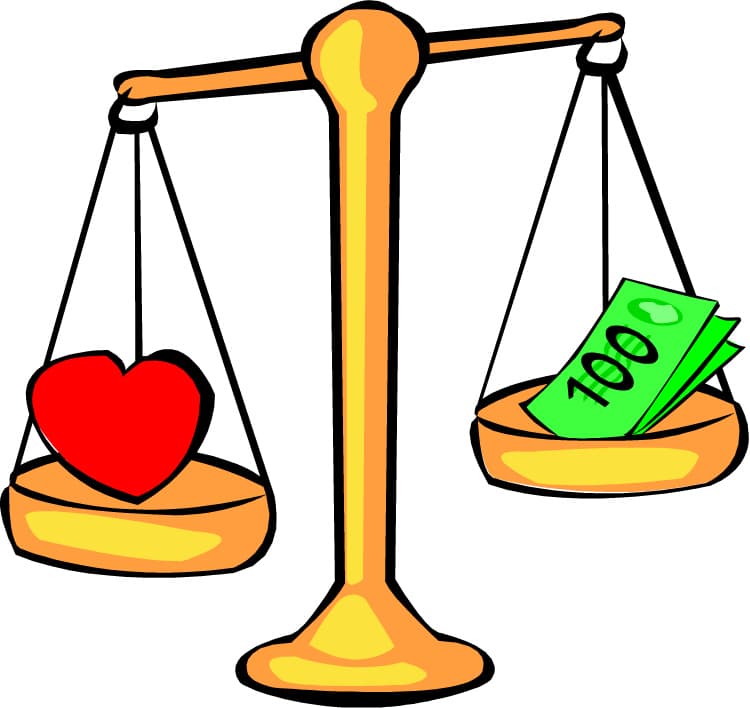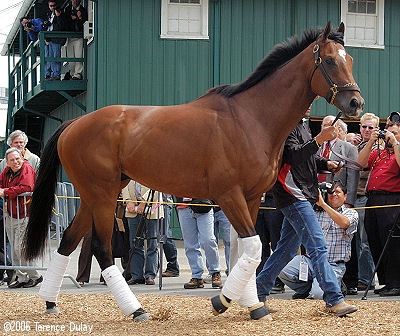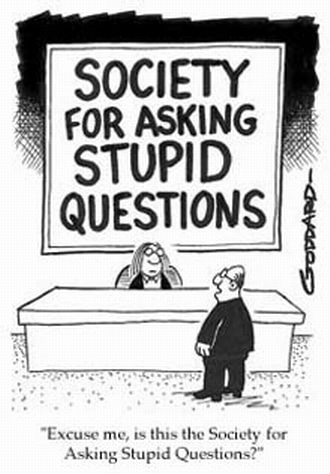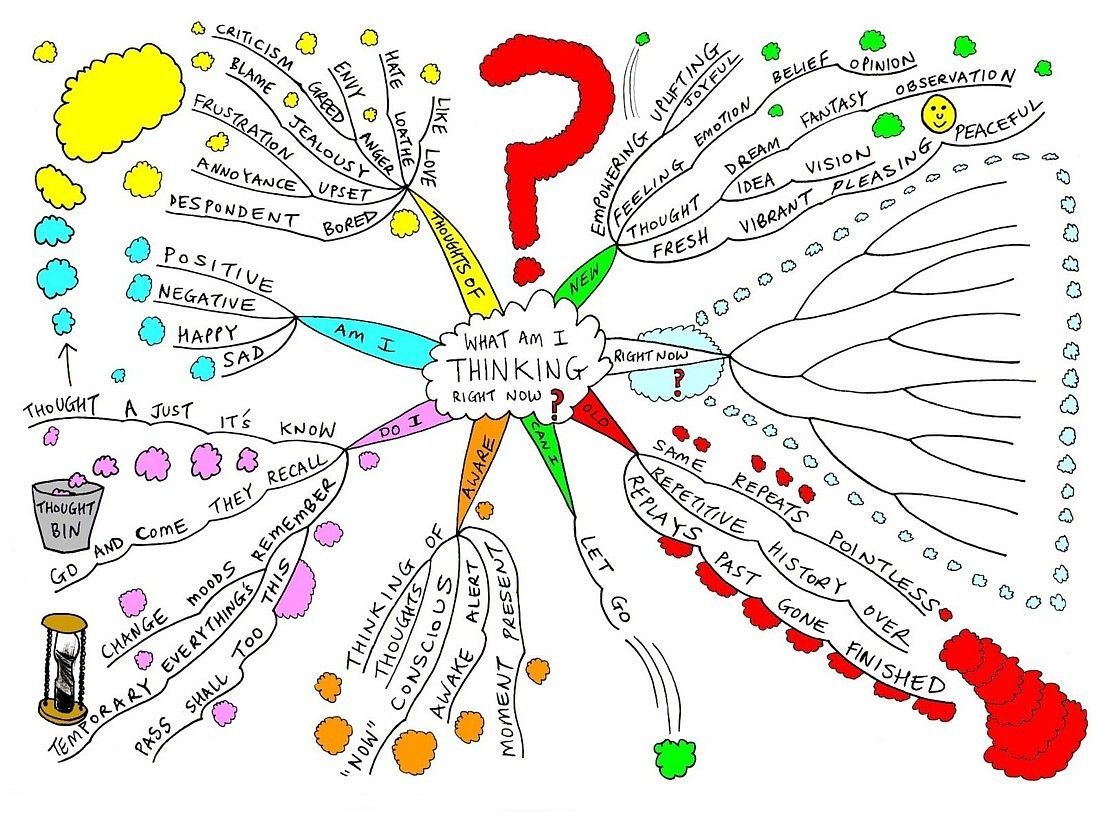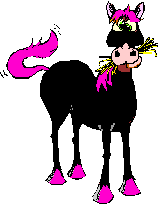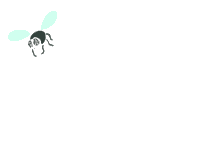 For the past 30 years or so – pretty much ever since I’ve graduated from veterinary school – I’ve been hearing about what they don’t teach in veterinary school. Usually, I’ve been hearing it from folks that have their own particular service to sell. It’s feet trimmers that usually assert that I didn’t learn about feet, tooth floaters that allege I don’t know about teeth, feed purveyors that swear that I don’t know anything about nutrition, and so forth. These sorts of self-serving and untrue sales pitches are kind of like having a fly buzzing around your ear – it’s annoying, but you can usually deal with it.
For the past 30 years or so – pretty much ever since I’ve graduated from veterinary school – I’ve been hearing about what they don’t teach in veterinary school. Usually, I’ve been hearing it from folks that have their own particular service to sell. It’s feet trimmers that usually assert that I didn’t learn about feet, tooth floaters that allege I don’t know about teeth, feed purveyors that swear that I don’t know anything about nutrition, and so forth. These sorts of self-serving and untrue sales pitches are kind of like having a fly buzzing around your ear – it’s annoying, but you can usually deal with it.
The fact is, I learned a lot of things in veterinary school. I learned about joints and muscles and tendons and bones (and teeth and hooves, too) and all of the workings of many different species: dogs, cats, horses, cows, pigs, sheep, and even some birds. But what I didn’t learn was how people experience their animals and how that experience can come to the forefront of their lives – even to the point of dominating them – for better or worse.
 Veterinary school was all about learning how to save lives. We learned about the respiratory system and the gastrointestinal tract; the nervous system and musculotendinous units. We came out of veterinary school ready to improve animal health. But we didn’t really learn how to take care of people as the horse – that incredible biological system – began to decline.
Veterinary school was all about learning how to save lives. We learned about the respiratory system and the gastrointestinal tract; the nervous system and musculotendinous units. We came out of veterinary school ready to improve animal health. But we didn’t really learn how to take care of people as the horse – that incredible biological system – began to decline.
The most important thing in veterinary education was knowing what was wrong with the system. If only we knew what was wrong, we could then provide a treatment. Thus armed against the inevitability of injury, illness, and decline, we could somehow take care of – or better yet, prevent – problems, and keep the animals with which whose care we were entrusted healthy and disease-free. What they didn’t teach us was the realities of medicine, and how desperate people can be to try to ignore those realities because of their fears: fears of loss, of suffering, of loss of control. They didn’t teach us how easy it is to manipulate people when they are desperate, either. That education came later.
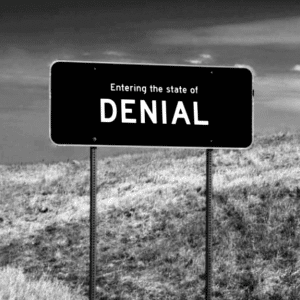 I’ve had the unfortunate and repeated experience of watching people try treatment after treatment in hopeless situations. I’ve seen the owner who, even when seeing the bone coming through the bottom of the horse’s foot has one more supplement to buy; one more solution to try; one more “expert” to consult. I’ve seen countless people waste countless dollars to try to prevent problems that they don’t even know will occur. Good people, caring people, with wonderful motives: wanting to give their horse “every chance” that they can and often unwilling to face reality.
I’ve had the unfortunate and repeated experience of watching people try treatment after treatment in hopeless situations. I’ve seen the owner who, even when seeing the bone coming through the bottom of the horse’s foot has one more supplement to buy; one more solution to try; one more “expert” to consult. I’ve seen countless people waste countless dollars to try to prevent problems that they don’t even know will occur. Good people, caring people, with wonderful motives: wanting to give their horse “every chance” that they can and often unwilling to face reality.
But what stands out for me most, after over three decades of working on horses, is how diligently veterinary school avoided the subject of talking honestly to other people about their horse’s problems. They didn’t teach me that a big part of taking care of the horse is taking care of the horse’s owner. I came out well-prepared to talk about all sorts of different treatment options, but I didn’t come out prepared to talk about the realities of life, of disease, of age, and of various other health issues. Confidently armed with my knowledge, I was ready to trudge into the battleground of health care, armed in the fight against disease, but I was essentially unarmed when it came to helping people understand what was going on with their precious animals or the limitations of what medicine can really do. Veterinary school trained me to fight disease, but not to acknowledge animal owner’s concerns, or to offer comfort, or counsel. There’s always another treatment, and treatment brings hope. The worst thing of all for a veterinarian, of course, is failure: to lose hope.
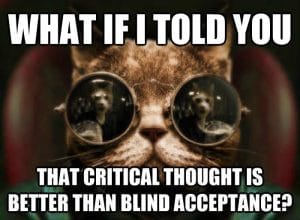 Along the way, veterinary medicine seems to have turned the process of owning a horse – or any other animal, for that matter – into something of a medical experiment. In many cases, the horse isn’t an animal to be nurtured and loved as much as it is a biological system to be micromanaged. Many people have even ceded the care of their own horse to trainers, to feed companies, to all sorts of therapists, to veterinarians, to farriers, and who knows who else. They didn’t tell me that would happen.
Along the way, veterinary medicine seems to have turned the process of owning a horse – or any other animal, for that matter – into something of a medical experiment. In many cases, the horse isn’t an animal to be nurtured and loved as much as it is a biological system to be micromanaged. Many people have even ceded the care of their own horse to trainers, to feed companies, to all sorts of therapists, to veterinarians, to farriers, and who knows who else. They didn’t tell me that would happen.
Veterinary school didn’t teach me that people would be so eager to do just about anything for their horse’s health, as if some product, supplement, or treatment is going to somehow forestall the inevitability that is life. Marketers know it, though. Modern veterinary medicine and modern marketing has changed the horse owning experience from something that is a source of comfort for both, to something that is often a source of anxiety. Nervous owners, pouring through ad-sponsored horse magazines and internet sites, looking for this product or that treatment, are mirrored by anxious horses looking out from confined spaces, separated from their herd mates, being fed a couple of times a day. It’s a mix that’s ripe for problems and for exploitation.
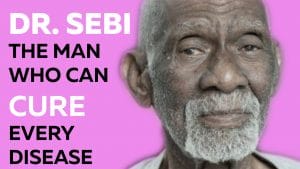 Veterinary school didn’t prepare me for the current state of veterinary medicine which, in many cases, is intolerable. Even as a horse ages, or if he has an infirmity, that doesn’t mean that horse owners are obliged to provide an endless stream of treatments that offer only the faintest hope of a benefit. Sometimes loving a horse means letting him be: even letting go. Veterinary school didn’t teach me that the endless quest to make things “better” can sometimes only increase expense, and even cause harm. Instead, doing “everything you can” can sometimes deprive both horse and horse owner of comfort and peace.
Veterinary school didn’t prepare me for the current state of veterinary medicine which, in many cases, is intolerable. Even as a horse ages, or if he has an infirmity, that doesn’t mean that horse owners are obliged to provide an endless stream of treatments that offer only the faintest hope of a benefit. Sometimes loving a horse means letting him be: even letting go. Veterinary school didn’t teach me that the endless quest to make things “better” can sometimes only increase expense, and even cause harm. Instead, doing “everything you can” can sometimes deprive both horse and horse owner of comfort and peace.
“But what about the horses?” some may say. “If we don’t do everything that we can aren’t we failing in our obligation to do the best for them? Don’t we run the risk of causing them harm?” And I’d say, “We’re already causing them harm.” Harm by refusing to let horses be horses. Harm by fooling horse owners into spending buckets of money of treatments and products that are completely useless; real financial harm that makes horse owning too expensive, and makes people not want to own horses. I came out of veterinary school having learned that it was my job to take care of horses AND their owners, and that I shouldn’t put my own profit above that of my clients, or their horses. I was supposed to do well by doing good. They didn’t teach me that not everyone feels the same way.
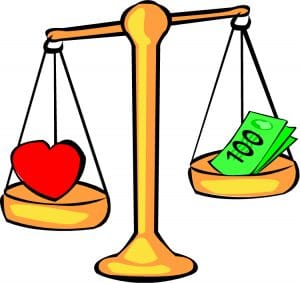 They taught me a lot in veterinary school, and most of it was good. But I had to learn about the limitations of medicine after graduation. I had to learn that sometimes, caring and compassion are all that I really have to offer, but that those things may be what is valued most in the end. I had to learn how to have hard conversations on my own; so that I could help people help their horses have a good life, right up to the inevitable end. And at the end of the day, knowing what I know – but wasn’t taught – if I can help people help their horses have a good and peaceful life, I think that I’ve provided the best medicine of all.
They taught me a lot in veterinary school, and most of it was good. But I had to learn about the limitations of medicine after graduation. I had to learn that sometimes, caring and compassion are all that I really have to offer, but that those things may be what is valued most in the end. I had to learn how to have hard conversations on my own; so that I could help people help their horses have a good life, right up to the inevitable end. And at the end of the day, knowing what I know – but wasn’t taught – if I can help people help their horses have a good and peaceful life, I think that I’ve provided the best medicine of all.

